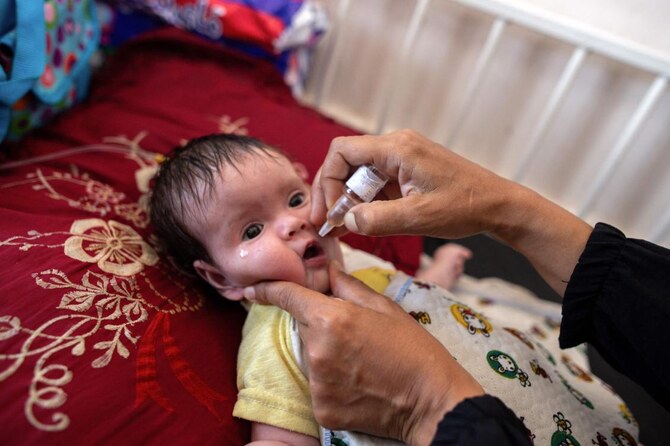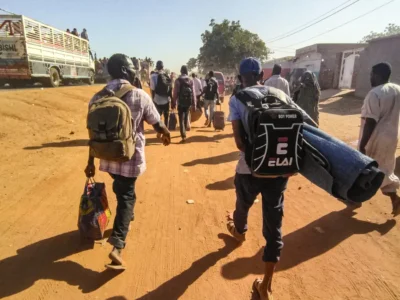The bodies of Gaza’s youngsters bear the scars of famine: sunken eyes in emaciated cheeks, dry skin, protruding ribs, thin hair, and a heartless indifference. It has also claimed several lives. According to specialists, those who survive will probably have scars on their bodies and minds from the physical and psychological toll of famine, nearly two years of unrelenting conflict, and displacement, which will have an impact on their potential and future health.
Global studies have shown a variety of “long-term effects and irreversible damages” if a kid does not receive enough food in the first year of life, especially if mixed with trauma and stress, according to Marina Adrianopoli, the World Health Organization’s technical lead for nutrition for the Gaza response.
In an interview from Geneva, she stated, “If the percentage of children suffering from acute or chronic malnutrition is high, there is a risk that an entire generation will be permanently impacted with long-lasting impacts on physical growth and socio-economic potential, not to mention the trauma and stress, which may last forever.
Since their organs are still developing, children are particularly susceptible to the worst long-term consequences, according to Marko Kerac, clinical associate professor at the London School of Hygiene & Tropical Medicine.
Also Read:
Delivering Excellence in the Property and Investment Landscape: Benjamin Hunter
Driving Excellence and Transformation in the Pharma Landscape: Radwan Shaker Al-Zalak



































